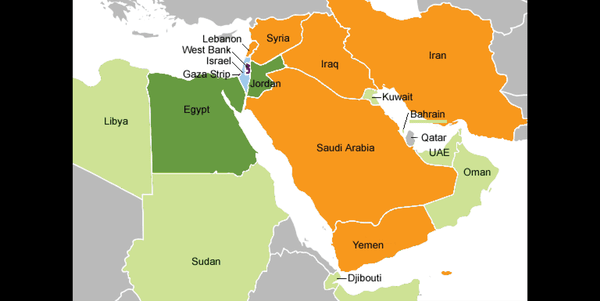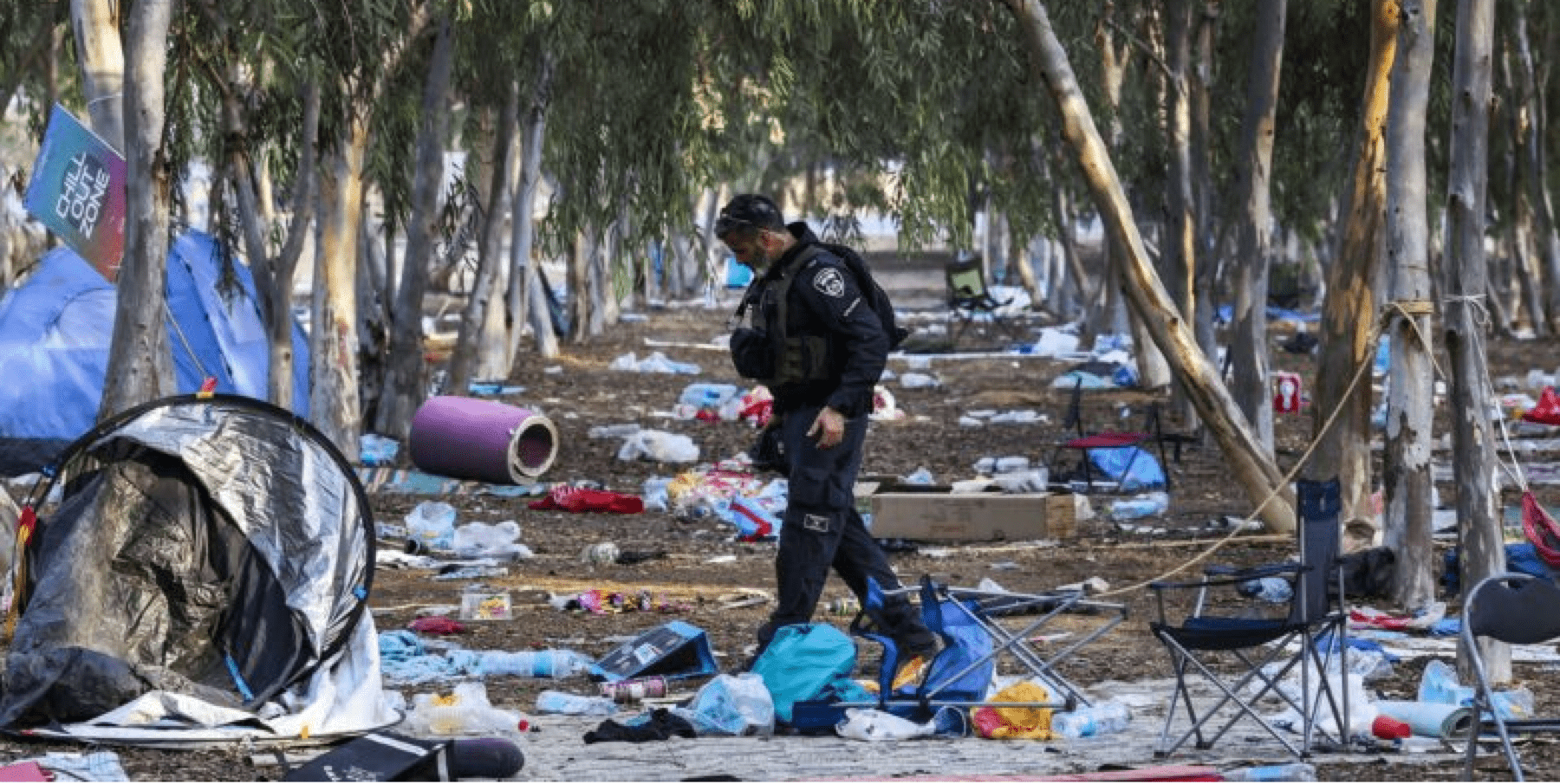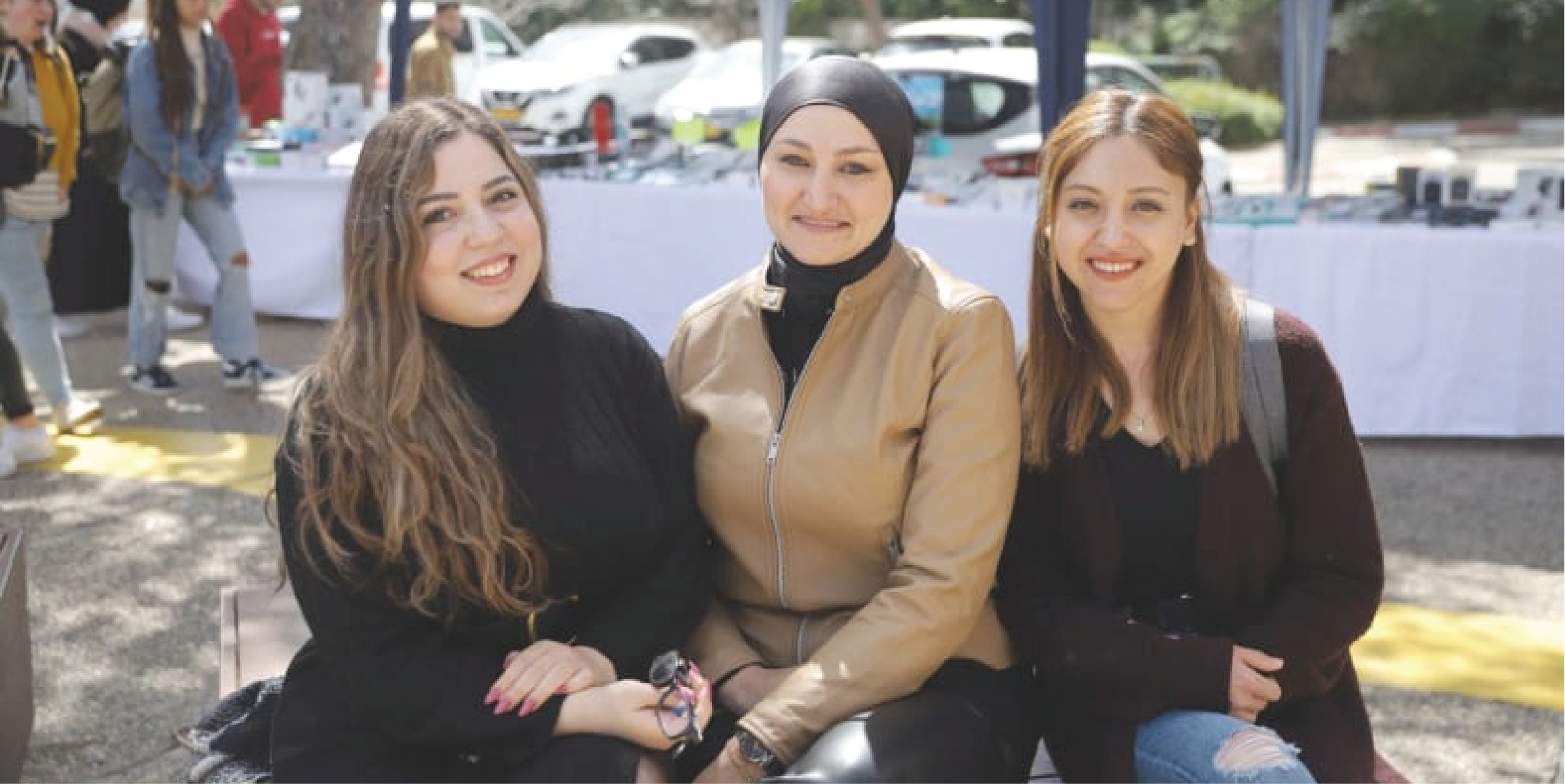Expert: ISIS Paris attacks to change EU-Israel relations
December 1, 2015The European Union (EU)’s lack of focus on military and counter-terror intelligence has led to the recent wave of terrorism and hysteria in the bloc, Dr. Eran Lerman, former deputy adviser for national security, stated in a special Arutz Sheva interview Tuesday.
“Europeans are learning a lesson that we learned a long time ago – it all depends on the ability to penetrate and glean what is happening on the other side,” Lerman stated, “and it requires, sometimes, being aggressive.”
“There is a clear inverse relationship: the more you know, the less you have to pressure the broader population [for answers],” he continued, noting that specificity allows intelligence to retain a more “selective” focus.
In that vein, he said, focusing on the entire European Muslim community as a whole is ineffective.
“Most European Muslims despise ISIS no less than the average Frenchman,” he said. “The relationship between the European population and its minorities has been harmed by these events, and the injury is collective.”
“Therefore, the more aggressively the intelligence community attempts to penetrate [known terror enclaves – ed.], the more aggressive the response – and the less damage there will be for the broad population.”
While that mode of thinking constitutes the Israeli intelligence model – and a highly successful one – Lerman denied that the EU was looking to Israel for guidance.
“It took us some time in the terrorist war in the name of [arch-terrorist Yasser] Arafat – erroneously called ‘The Second Intifada’ – to press the ‘reset’ button and get more accurate intelligence operations,” he lamented. “There was a different kind of integration between operational intelligence sectors; these things do not happen overnight.”
Lerman noted, for example, that in the case of the ISIS attacks in Paris last month, the terrorists were known to European authorities – but nothing was done to take intelligence data and put it into practice.
Differences between the intelligence communities of various European countries came into practice, he noted, adding that there are distinct differences in the intelligence communities of France – where there is a specific and aggressive focus – and Belgium, “where the radical Muslim organizations, mosques and radical preachers flourished for a long time.”
These differences, between large and small intelligence communities, “increasingly require a high level of Integration between the intelligence services and the police, and things will continue to improve over time,” he predicted.
Meanwhile, he opined, Israel is not out of the picture.
“I can say that these events reinforce the opinions of those officials involved in internal discussions in Europe who understand Israel better […] with the understanding that there is a real enemy to contend with, and over time we will feel the change in relations with Israel, relations which were dictated so far based on a policy the Ministries of Foreign Affairs and the human rights community,” he said, adding that it could have “long-lasting effects.”
Similar posts
-

Israel Has The Most Moral Military In The World
April 10, 2024In the heart of a region often riddled with conflict, Israel stands out not only for its technologi...
-

The Resilience of the Israeli People
April 2, 2024Visitors from around the world have seen Hamas's October 7th Massacre's destruction in southern Isr...
-

Israel: Small Size, Big Impact
March 21, 2024Nestled along the eastern edge of the Mediterranean Sea, Israel is a land of immense historical sig...
-

Israelis Are Fighting For Their Lives
February 21, 2024By Jonathan S. Tobin The world looks a lot different from Kibbutz Kfar Aza than it does in the U...
-

Over 2 Million Arabs Live In Israel
January 23, 2024In the complex landscape of the Middle East, where diverse cultures and identities intersect, Israe...
-

'Fauda' Star Idan Amedi Injured Fighting in Gaza
January 8, 2024Despite the severity of his injuries, Amedi's father assured Israeli news channels that his life is...
-

Israel Is A Great Country To Live In
December 28, 2023Nestled at the crossroads of the Middle East, Israel stands as a vibrant and dynamic nation, offeri...
-

Women's Empowerment in Israel
December 15, 2023In recent decades, Israel has witnessed a remarkable evolution in the status and empowerment of wom...




















